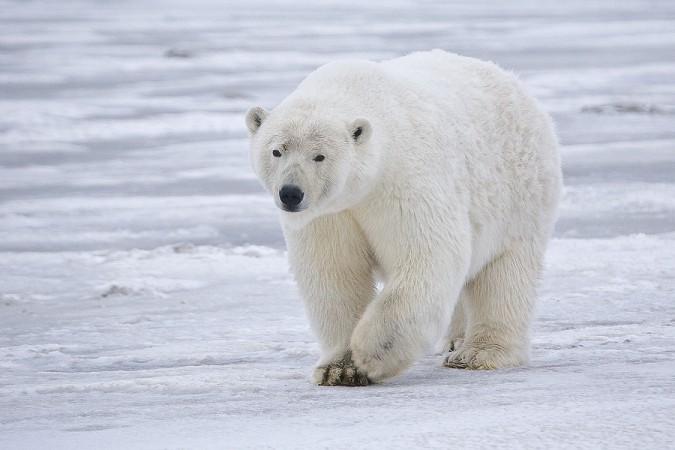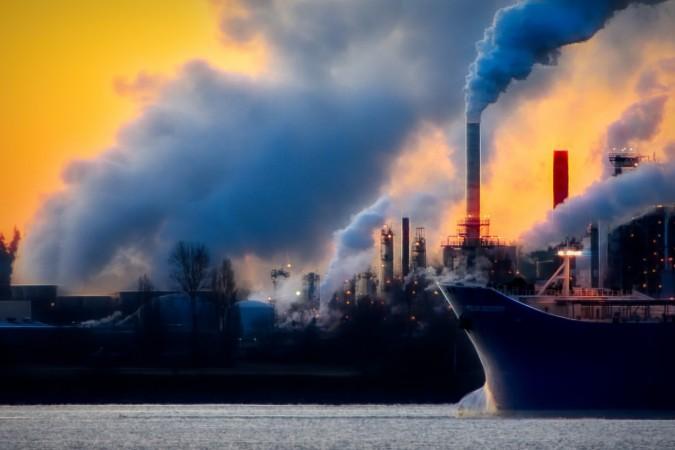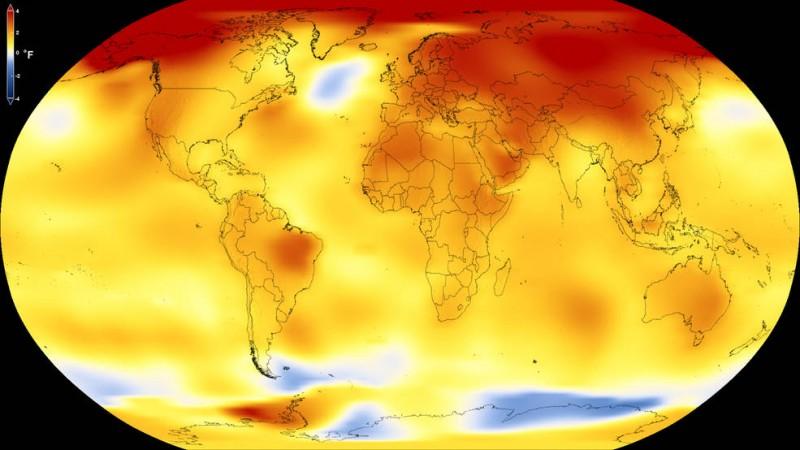
Earth is getting warmer, the polar ice caps are melting, extreme weather conditions are predicted every year and the sea levels are rising. All this information is not in any way new, but climate scientists now believe that the rate at which the changes are happening, the final effects are going to be a lot worse than first believed.
In fact, a new study has found that the effects of global warming are actually going to be twice as bad as first calculated. This study has projected these effects even if the world keeps to the magic two degrees rise as put in place by the Paris Climate Agreement or the Paris Accords.
The study was carried out by a team of scientists from 17 countries, reports Science Daily. They have predicted that the Earth will experience up to six metres of sea level rise globally, rapidly collapsing ice caps and a green Sahara desert.
Alan Mix, co-author of the paper titled "Palaeoclimate constraints on the impact of 2°C anthropogenic warming and beyond," explained that the Paris Accords are simply not stringent enough to save the planet from the self-destructive path it is on right now. "Even with just 2 degrees of warming — and potentially just 1.5 degrees — significant impacts on the Earth system are profound," he said.

The most immediate effect of great consequence is the rising sea. "We can expect that sea-level rise could become unstoppable for millennia, impacting much of the world's population, infrastructure and economic activity," said Mix.
Researchers pored through various data sets attached to what is called paleoclimate methods that stretch back to about 3.5 million years. These include measurements taken from ice cores, atomic isotopes, sediment layers, and fossil records, notes the report.
Results of the study showed that climate events in the Earth's past have been catastrophic. The polar ice caps collapse, retreat of ice sheets in both Greenland as well as Antarctica as well as a 20 foot rise of global sea level. This was followed by major plankton redistribution that affected marine life all over the planet.
"Observations of past warming periods suggest that a number of amplifying mechanisms, which are poorly represented in climate models, increase long-term warming beyond climate model projections," said study lead author Prof. Hubertus Fischer.
Researchers who worked on this study have found that even if the entire planet puts a complete end to carbon dioxide emissions right now, Earth will still take hundreds, if not thousands of years to reach equilibrium levels. "This suggests the carbon budget to avoid 2°C of global warming may be far smaller than estimated, leaving very little margin for error to meet the Paris targets," Fischer points out.


















